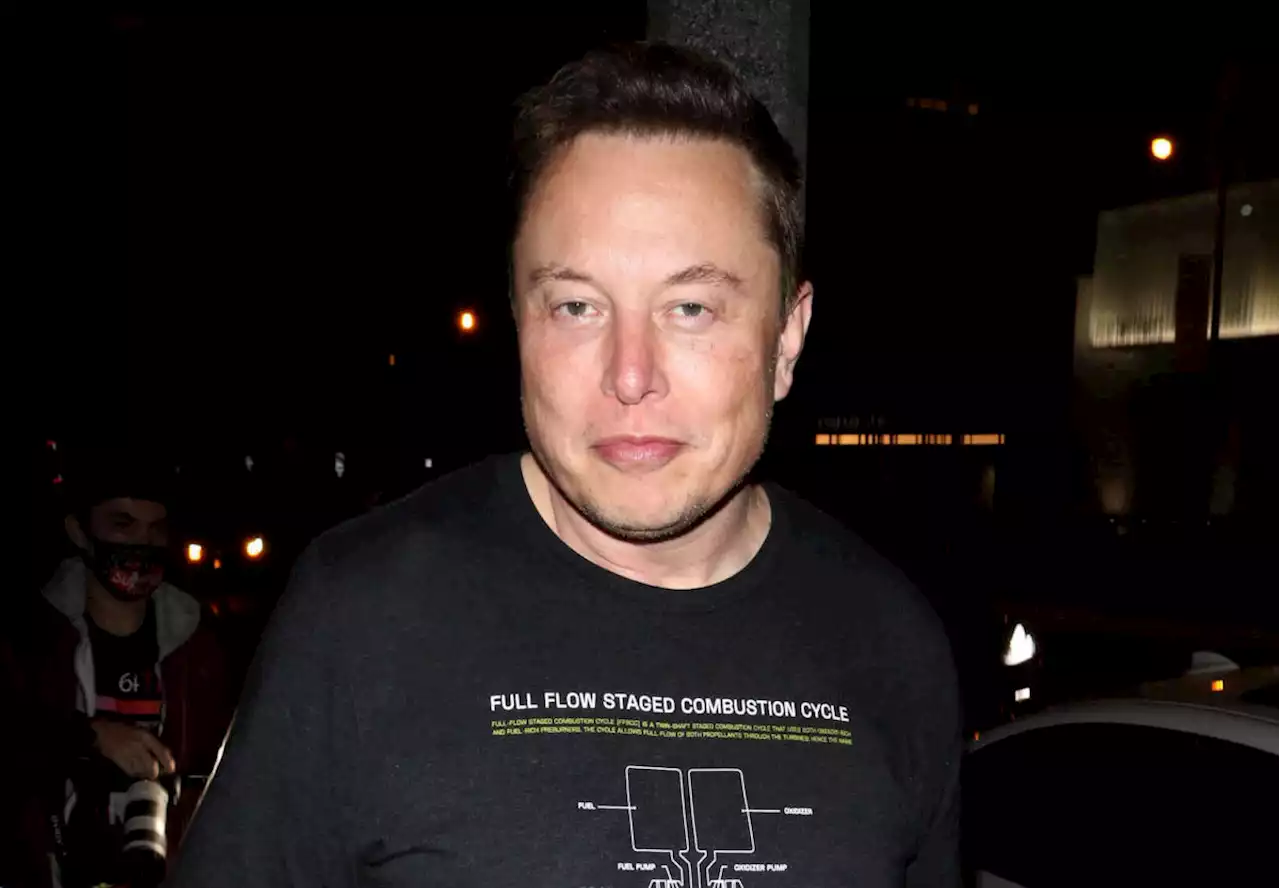Musk, who leads SpaceX, Tesla and Twitter, has become the most dominant player in space as he has steadily amassed power over the strategically significant field of satellite internet. Elon Musk's unmatched power in the stars:
On March 17, Gen. Mark Milley, the chair of the Joint Chiefs of Staff, and Gen. Valeriy Zaluzhnyi, the leader of Ukraine’s armed forces, dialed into a call to discuss Russia’s invasion of Ukraine. Over the secure line, the two military leaders conferred on air defense systems, real-time battlefield assessments and shared intelligence on Russia’s military losses.
In Ukraine, some fears have been realized. Musk has restricted Starlink access multiple times during the war, people familiar with the situation said. At one point, he denied the Ukrainian military’s request to turn on Starlink near Crimea, the Russian-controlled territory, affecting battlefield strategy. Last year, he publicly floated a “peace plan” for the war that seemed aligned with Russian interests.
U.S. officials have said little publicly about Starlink as they balance domestic and geopolitical priorities related to Musk, who has criticized President Joe Biden but whose technology is unavoidable. China has its own concerns. Musk said last year that Beijing sought assurances that he would not turn Starlink on inside the country, where the internet is controlled and censored by the state. In 2020, China registered with an international body to launch 13,000 internet satellites of its own.
“He was very focused,” said Sweeting, whose company later received an investment from Musk and had him on its board of directors before it sold to Airbus in 2009. Musk launched his first Starlink satellites into orbit in 2019. At the time, satellite internet was viewed as a fool’s errand. In the 1990s and 2000s, other companies had pursued low-orbit communication satellites with little success because of the expense and technical difficulties of getting them into space.
Starlink provides internet download speeds typically around 100 megabits per second, comparable to many landline services. SpaceX generally charges individual customers about $600 for each terminal that receives a connection from space, plus a monthly service fee of about $75, with costs higher for businesses and governments. The company knows the location, movement and altitude of each Starlink terminal, experts said.
Rivals have struggled, though competition is growing. OneWeb, a British company, was so plagued by financial difficulties that it had to be bailed out by the British government and sold to a group of investors. Amazon, founded by Jeff Bezos, who owns the rocket company Blue Origin, plans a Starlink competitor, Project Kuiper, but it has yet to get a satellite into space.No event has demonstrated Starlink’s power — and Musk’s influence — more than the war in Ukraine.
Within hours, Musk contacted Fedorov to say that Starlink had been activated in Ukraine. Days later, Starlink terminals arrived. In September, at a private event on world and business affairs in Aspen, Colorado, which was attended by then-House Speaker Nancy Pelosi and others, Musk proposed a peace plan for Ukraine that included Russia annexing Ukrainian land. The proposal outraged many attendees.
Musk nonetheless turned off access for some Starlink terminals in Ukraine. Late last year, about 1,300 Starlink terminals purchased through a British supplier stopped working in the country after the Ukrainian government could not pay the $2,500 monthly fee for each, two people with knowledge of the matter said.
Other U.S. officials have weighed in. In June, Defense Secretary Lloyd Austin approved a Pentagon deal to buy 400 to 500 new Starlink terminals and services. The deal gives the Pentagon control of setting where Starlink’s internet signal works inside Ukraine for those new devices to carry out “key capabilities and certain missions,” two people familiar with the deal said.
But Fedorov said questions about Musk’s commitment were unfair. When Ukraine was under heavy bombardment and facing major power outages in November, Musk helped expedite the delivery of about 10,000 Starlink terminals, he said.From Taiwan to Turkey “We worry that if we order devices from Starlink, we’ll fall into some sort of trap,” said Hsu, now a senior research fellow at Harvard Kennedy School in Taipei, Taiwan. “Elon has huge commercial interests in China.”
United States Latest News, United States Headlines
Similar News:You can also read news stories similar to this one that we have collected from other news sources.
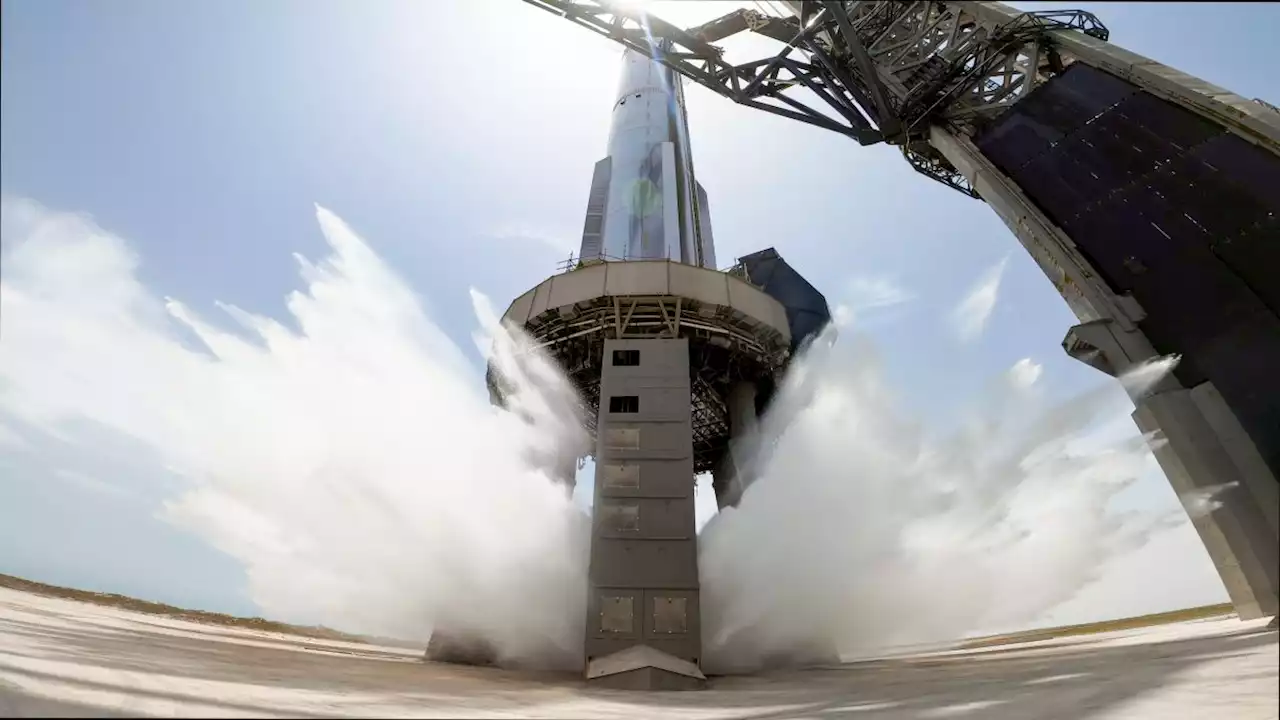 Watch SpaceX test new Starship water-deluge system for 1st time (video)The powerful spray will 'protect against the immense heat & force of Starship launch,' Elon Musk said.
Watch SpaceX test new Starship water-deluge system for 1st time (video)The powerful spray will 'protect against the immense heat & force of Starship launch,' Elon Musk said.
Read more »
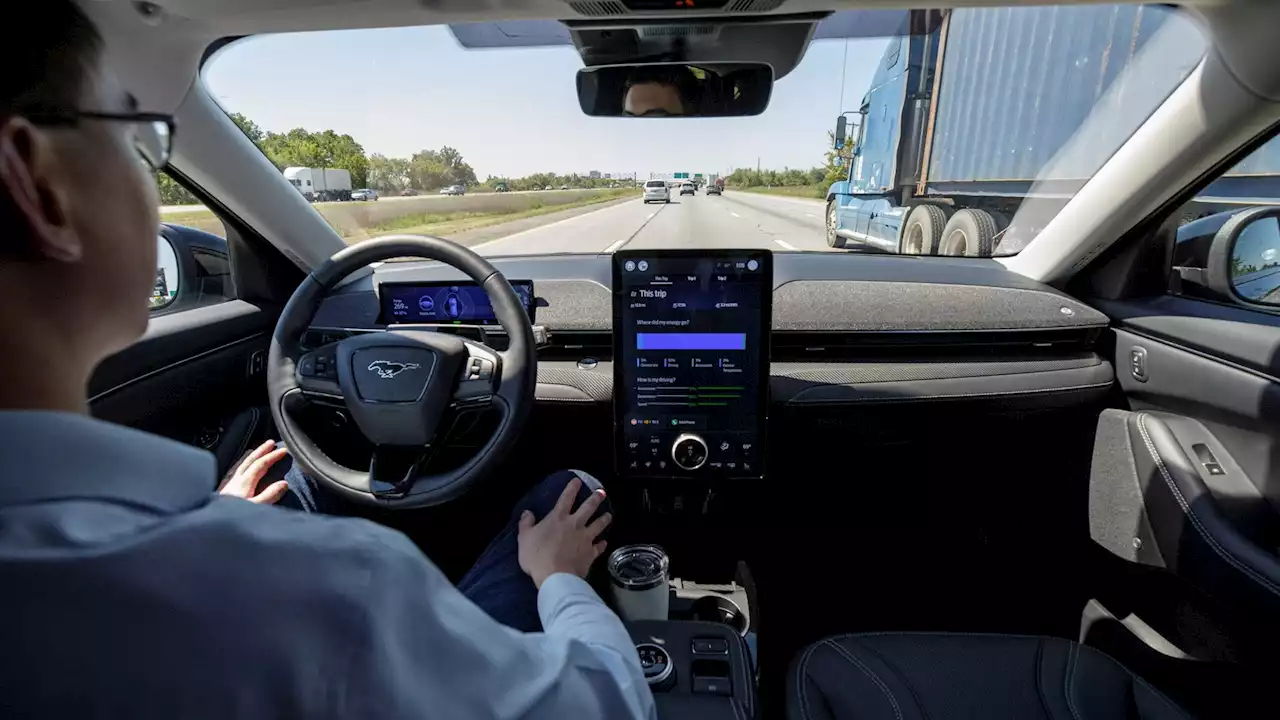 Fans Think Ford Is The 'Major OEM' That Will License Tesla's Full Self-Driving Technology | CarscoopsCould Ford really be the major manufacturer Elon Musk referred to, or is it someone else? car auto cars ⬇️
Fans Think Ford Is The 'Major OEM' That Will License Tesla's Full Self-Driving Technology | CarscoopsCould Ford really be the major manufacturer Elon Musk referred to, or is it someone else? car auto cars ⬇️
Read more »
 Disapproval Of Elon Musk Top Reason Why Tesla Model 3 Owners Jump Ship: SurveyAfter answering a dozen questions about Musk, Tesla owners were given a chance to submit comments about him. Here's what they had to say.
Disapproval Of Elon Musk Top Reason Why Tesla Model 3 Owners Jump Ship: SurveyAfter answering a dozen questions about Musk, Tesla owners were given a chance to submit comments about him. Here's what they had to say.
Read more »
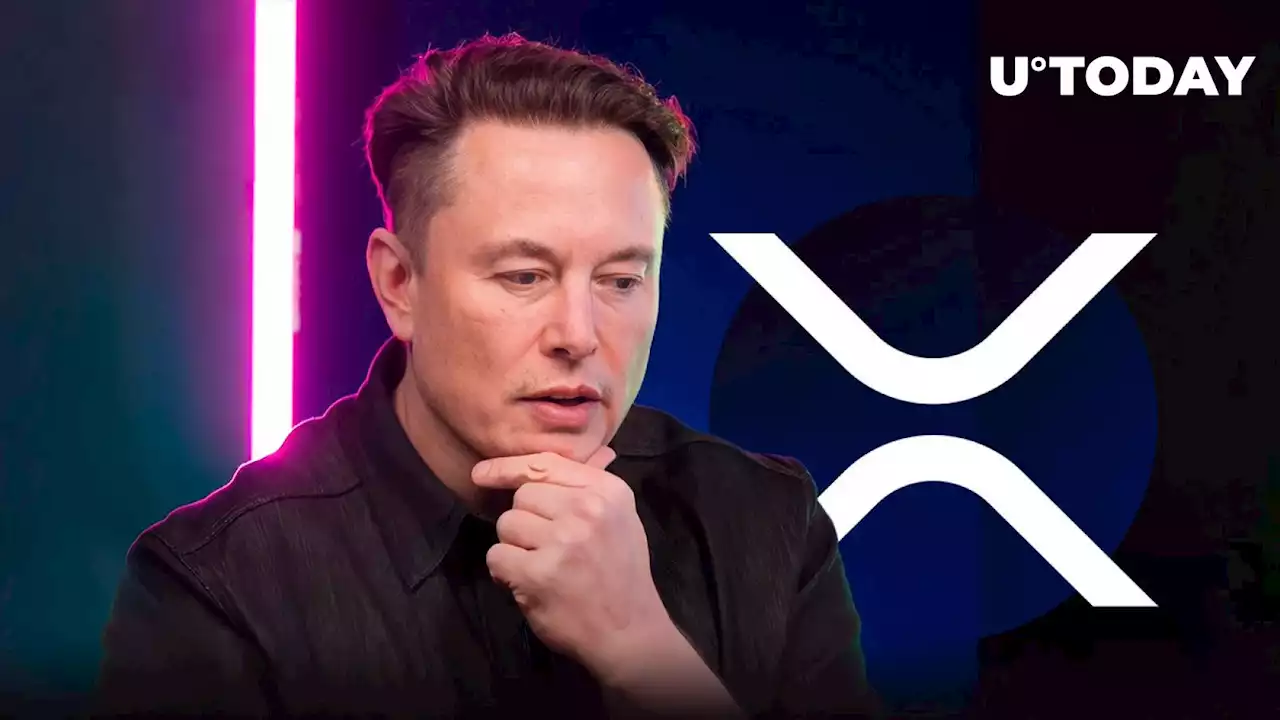 XRP Army Happy With Elon Musk’s New Tweet, Here’s WhyElon Musk has attracted many major crypto accounts with his new tweet, the XRP army was particularly happy with the message of the tech tycoon
XRP Army Happy With Elon Musk’s New Tweet, Here’s WhyElon Musk has attracted many major crypto accounts with his new tweet, the XRP army was particularly happy with the message of the tech tycoon
Read more »
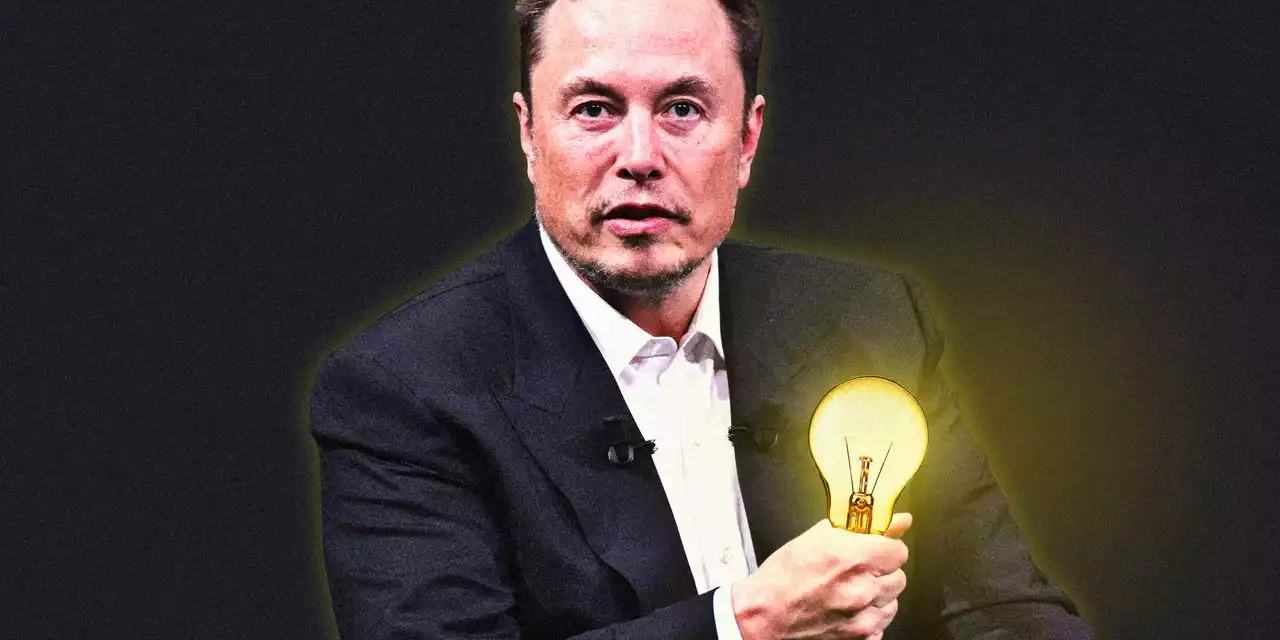 Elon Musk’s Latest Mission: Rev Up the Electricity IndustryElon Musk, who wants to replace gasoline-fueled cars with electric ones, is worried about an electricity shortage
Elon Musk’s Latest Mission: Rev Up the Electricity IndustryElon Musk, who wants to replace gasoline-fueled cars with electric ones, is worried about an electricity shortage
Read more »
Elon Musk spoke to a man who sounded just like him on Twitter SpacesInsider tells the global tech, finance, markets, media, healthcare, and strategy stories you want to know.
Read more »
